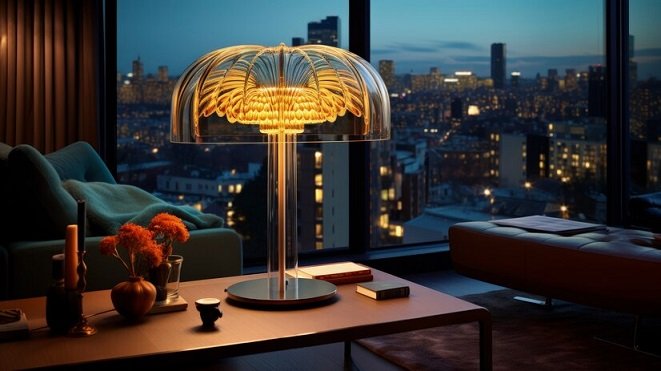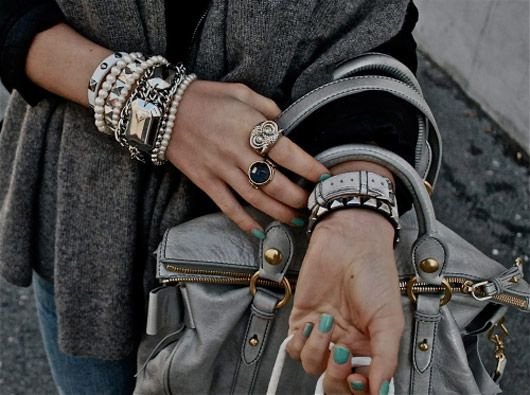Designing Dreams: The Latest Trends from Boston’s Interior Design Scene

Imagine transforming your home into a sanctuary that exudes elegance, comfort, and style. That’s what Boston’s interior designers are doing right now, merging classic charm with contemporary flair. Whether you’re revamping a single room or reimagining your entire space, these latest trends from the Boston interior design scene will inspire you to create your own dream space. Let’s explore how the experts are shaping the future of interior design companies in boston in this vibrant city.
Blending Tradition with Modernity
Boston is a city rich in history and tradition. From the cobblestone streets to the iconic brownstones, the city’s heritage is reflected in its architecture. Yet, modern elements are essential to creating a space that feels fresh and current.
Classic Meets Contemporary
One trend is combining traditional elements like crown moldings and antique furniture with contemporary touches such as minimalist light fixtures and sleek lines. This juxtaposition creates a visually stimulating environment that honors the past while welcoming the future.
Timeless Color Palettes
Neutral tones like beige, cream, and gray provide a timeless backdrop that allows other design elements to shine. These colors are versatile, making it easy to incorporate trendy accessories and furnishings without overwhelming the space.
Mixing Textures
Textural contrast is another way to blend old and new. Think velvet sofas paired with metal coffee tables or rustic wooden beams with modern art. The use of varied textures adds depth and interest to any room.
Sustainable Design
Sustainability isn’t just a buzzword; it’s a lifestyle choice for many Bostonians. Designers are increasingly prioritizing eco-friendly materials and practices.
Recycled and Upcycled Materials
Incorporating recycled and upcycled materials is an exciting trend. Items like reclaimed wood and repurposed metal not only reduce waste but also add unique character to the space.
Energy-Efficient Lighting
LED lighting is both energy-efficient and versatile. Designers use LED strips for under-cabinet lighting, recessed ceiling fixtures, and even as part of artistic installations.
Natural Fabrics
Opting for natural fabrics like organic cotton, linen, and wool reduces environmental impact and contributes to a healthier living space. These materials are not only sustainable but also incredibly comfortable and stylish.
Multifunctional Spaces
With more people working from home, the need for multifunctional spaces has skyrocketed. Boston designers are adept at creating areas that serve multiple purposes without sacrificing style.
Home Offices
Gone are the days of makeshift desks in the corner of a room. Today’s home offices are thoughtfully designed with ergonomic furniture, ample storage, and aesthetic appeal.
Flexible Furniture
Modular furniture that can be easily rearranged helps make the most of limited space. Sofas that convert into beds, foldable desks, and stackable chairs are just a few examples of how flexibility can be incorporated into design.
Zoning Techniques
Using rugs, lighting, and furniture arrangement to define different zones within a room allows for distinct areas dedicated to work, relaxation, and entertainment. This approach ensures that multifunctional spaces remain organized and efficient.
Biophilic Design
Connecting with nature is a growing trend in Boston’s interior design scene. Biophilic design incorporates natural elements to create a calming and rejuvenating environment.
Indoor Plants
Incorporating a variety of indoor plants can purify the air and add a touch of greenery to the space. From large potted trees in living rooms to small succulents on desks, plants bring life and vibrancy to any room.
Natural Light
Maximizing natural light is essential. Large windows, skylights, and glass doors help bring the outside in. Sheer curtains and strategically placed mirrors can also enhance the flow of natural light throughout the home.
Organic Materials
Using materials like wood, stone, and bamboo adds an organic feel to the space. These elements not only look beautiful but also create a warm and inviting atmosphere.
Smart Home Technology
The integration of smart home technology is revolutionizing the way we live. Boston’s interior designers are incorporating these advancements seamlessly into their designs.
Automated Systems
Smart lighting, thermostats, and security systems can be controlled with the touch of a button. These automated systems offer convenience, efficiency, and enhanced security.
Voice-Activated Assistants
Voice-activated assistants like Amazon Alexa and Google Home have become essential in many households. Designers are finding creative ways to incorporate these devices into their designs without sacrificing aesthetics.
Smart Appliances
From refrigerators that create shopping lists to ovens that can be controlled remotely, smart appliances are making everyday tasks easier and more efficient. Integrating these appliances into the design ensures a cohesive and modern look.
Personalized Touches
While following trends is exciting, adding personalized touches ensures that your space truly feels like home. Boston designers are experts at incorporating elements that reflect the individual style and personality of their clients.
Custom Artwork
Commissioning custom artwork or displaying personal collections adds a unique and personal touch to the space. It serves as a reflection of your taste and interests.
Family Heirlooms
Incorporating family heirlooms adds a sense of history and continuity. These pieces can be seamlessly integrated with modern furnishings to create a balanced and meaningful space.
DIY Elements
Adding DIY elements like custom-built shelves or hand-painted murals allows for creativity and personalization. These projects can be a fun and rewarding way to make your space uniquely yours.
Conclusion
Designing your dream space is an exciting and fulfilling endeavor. By incorporating these latest trends from Boston’s interior design scene, you can create a home that is stylish, functional, and uniquely yours. Whether you’re blending tradition with modernity, prioritizing sustainability, or integrating smart home technology, the possibilities are endless.














